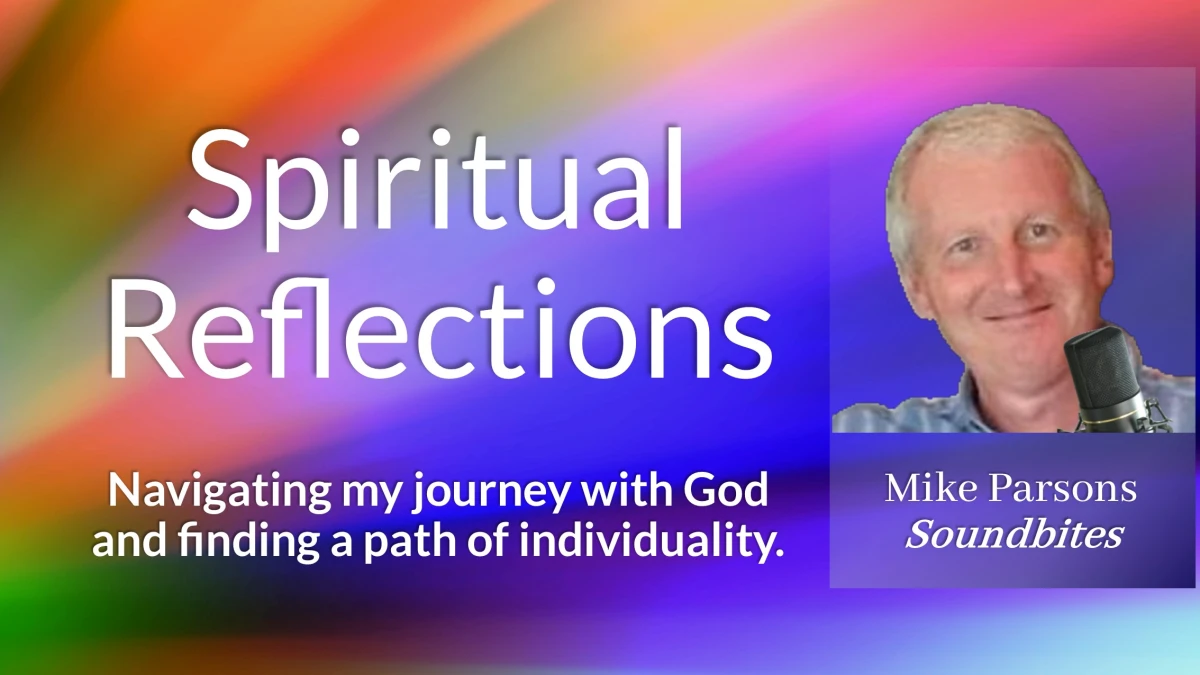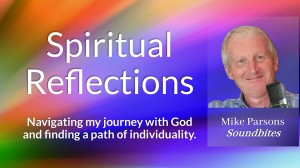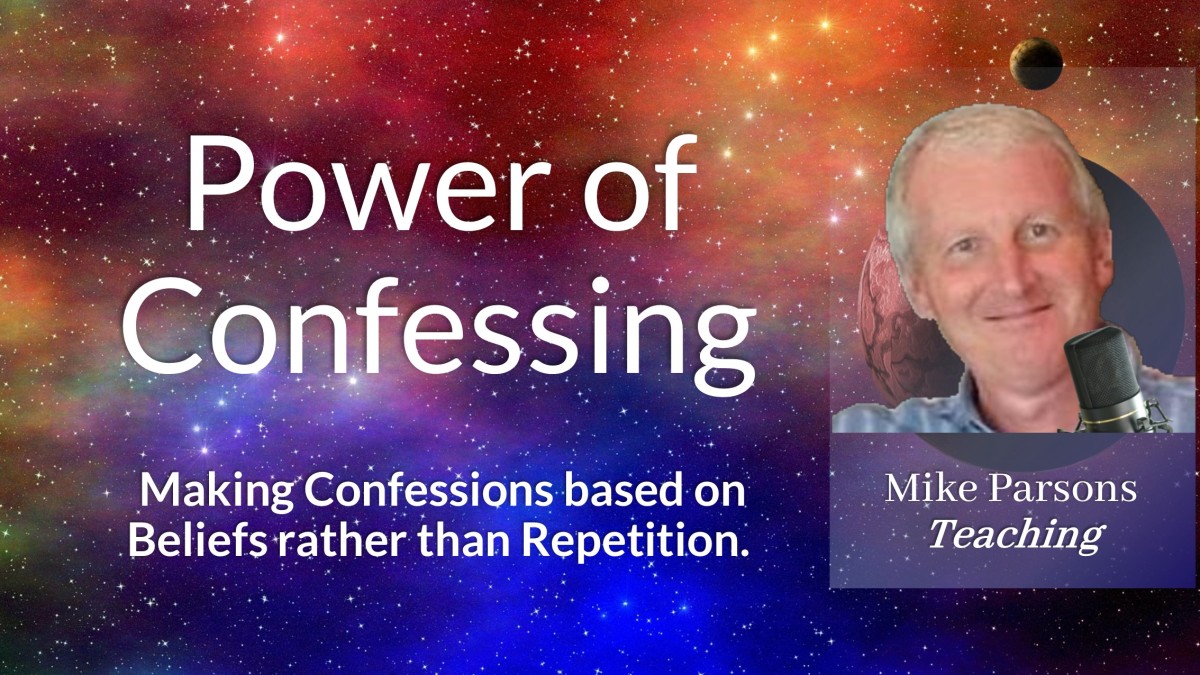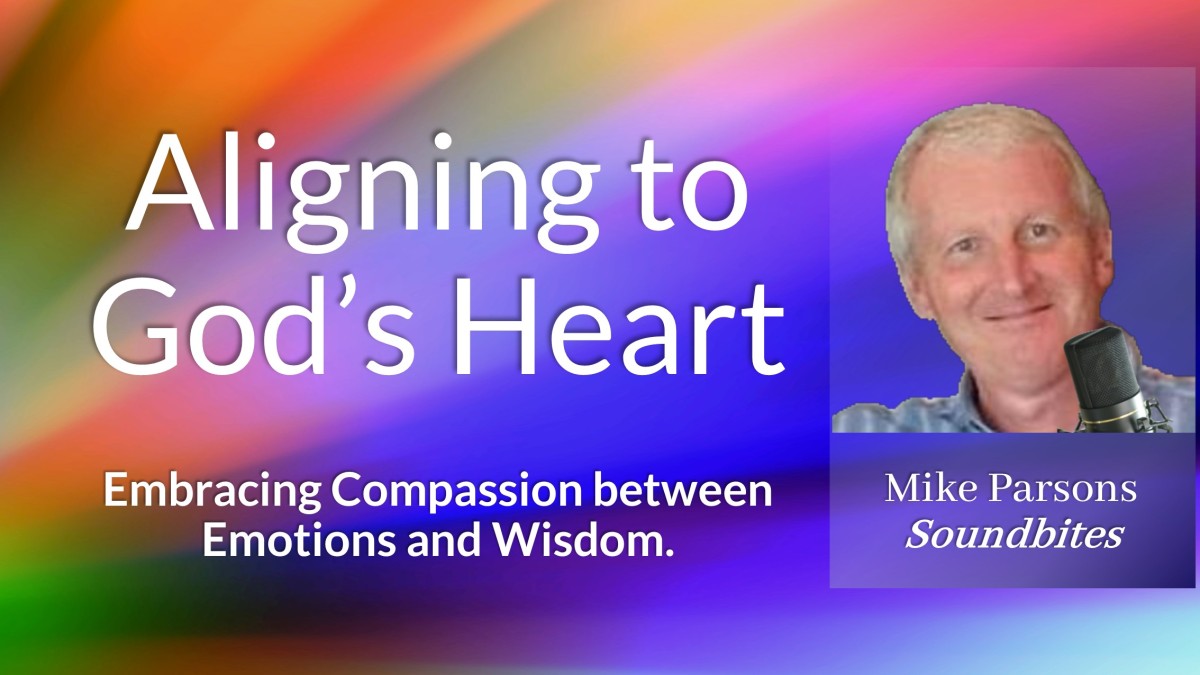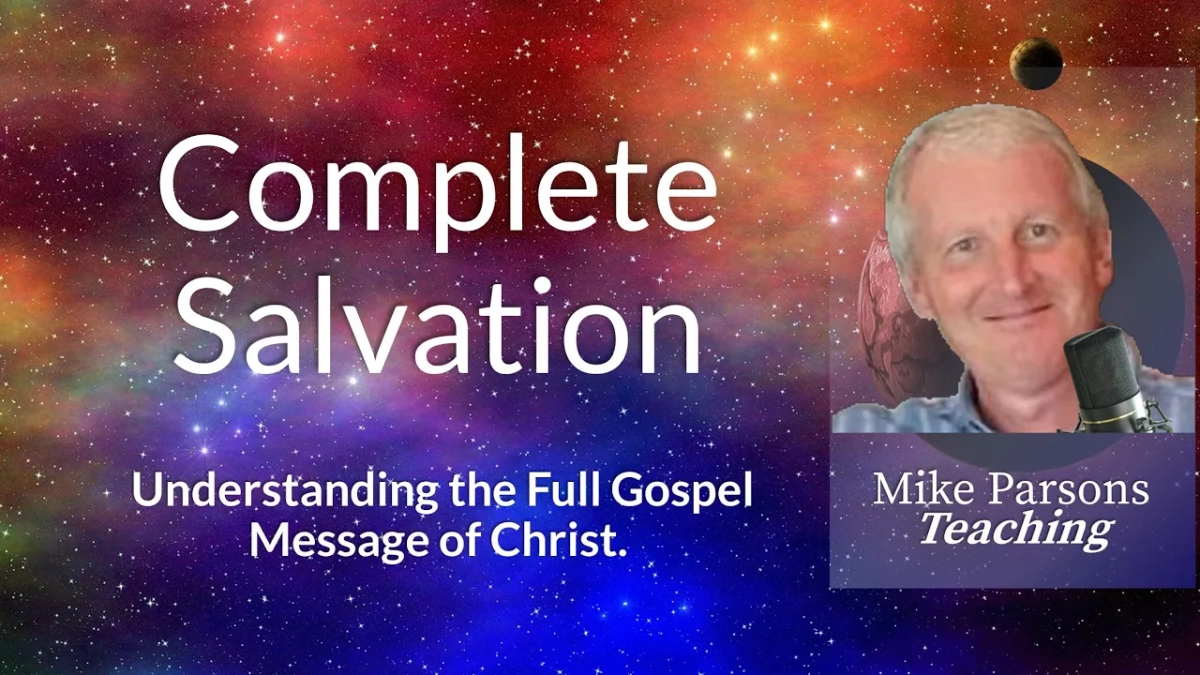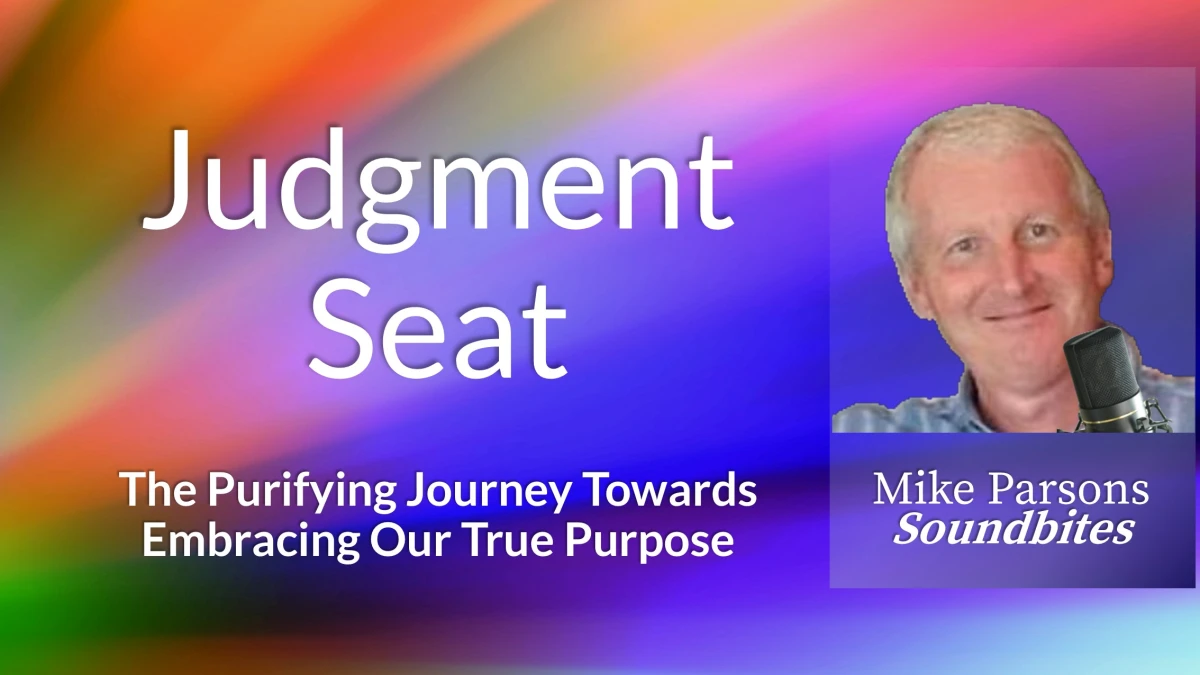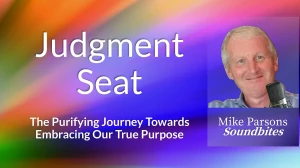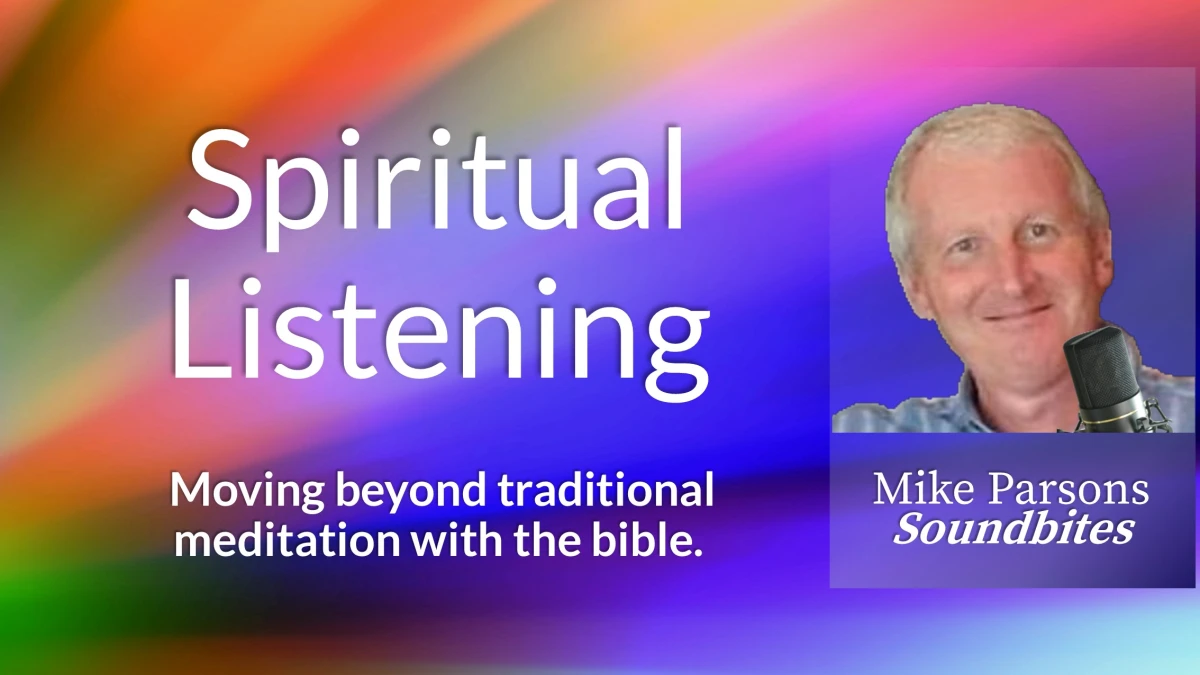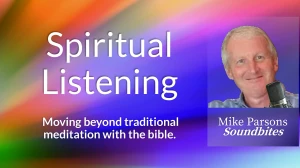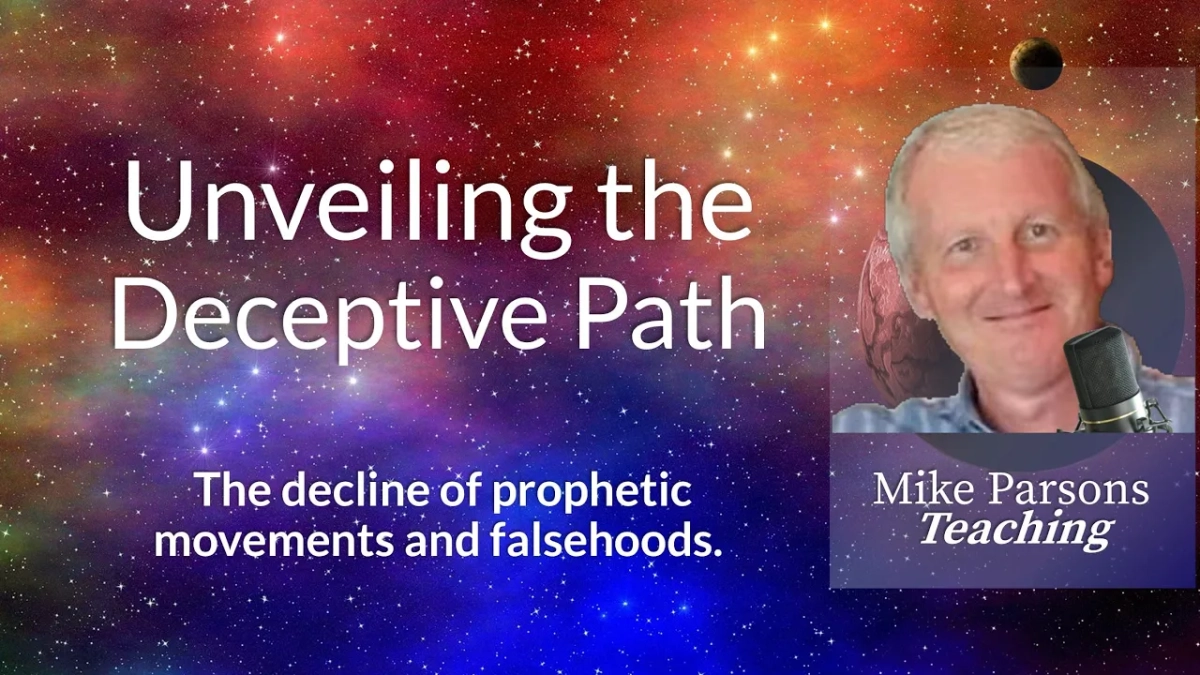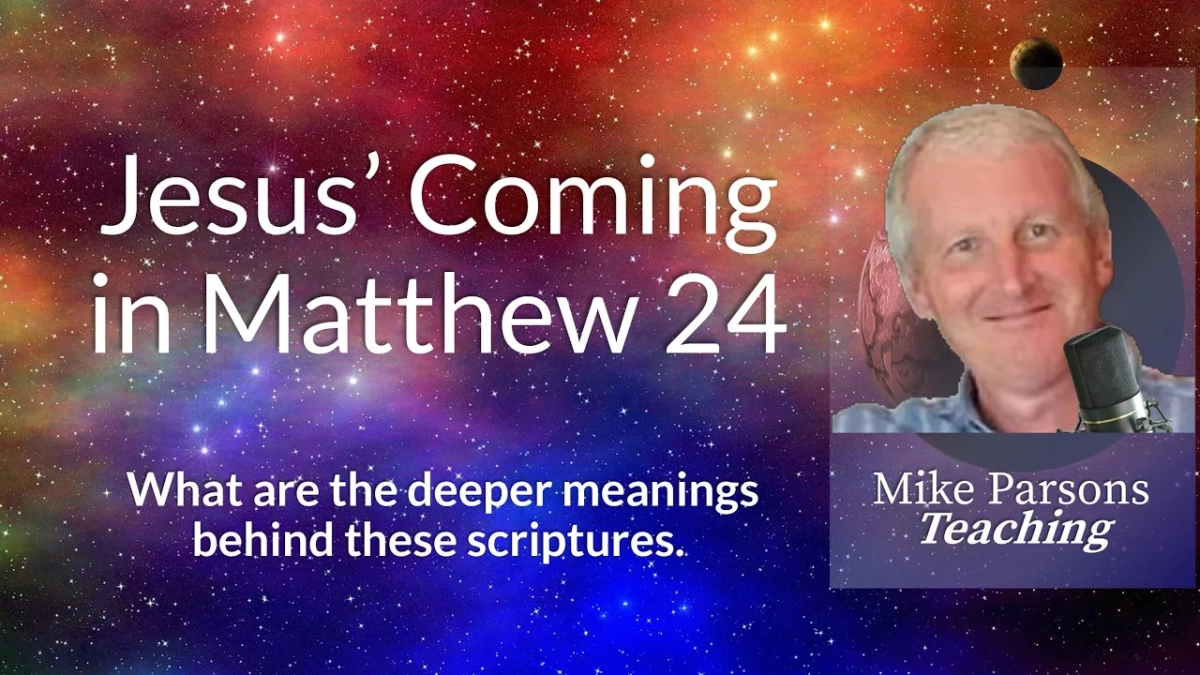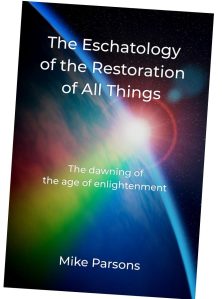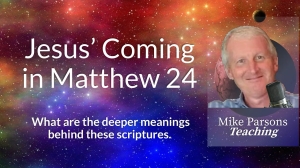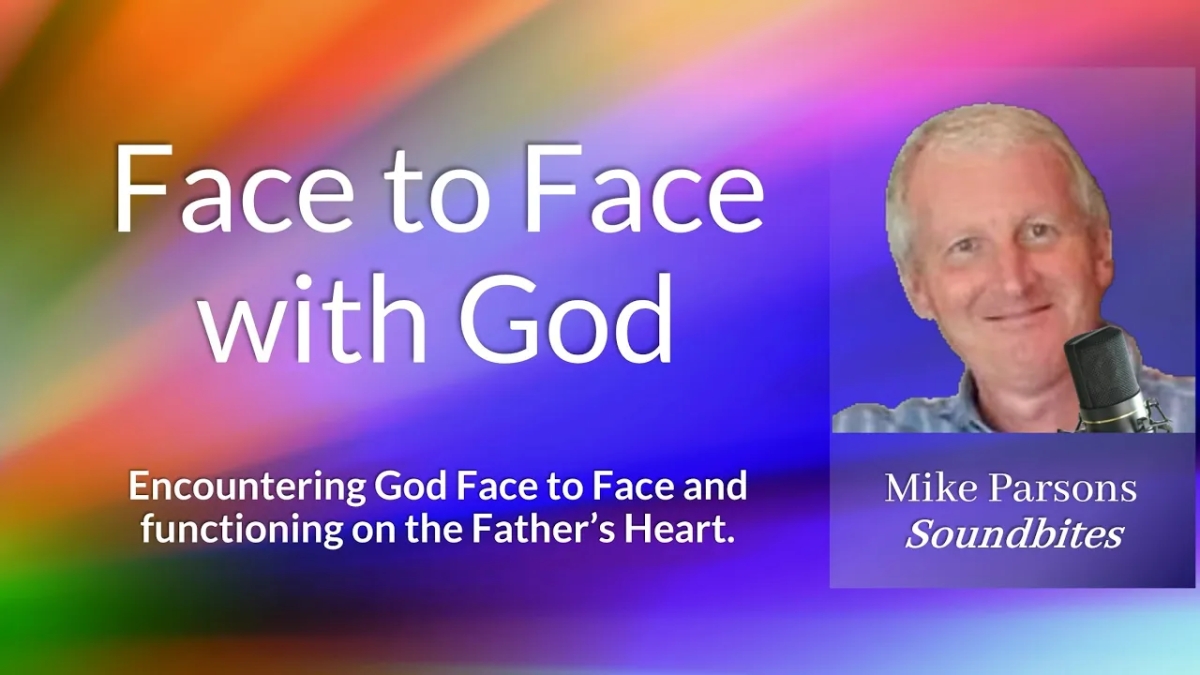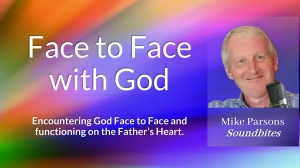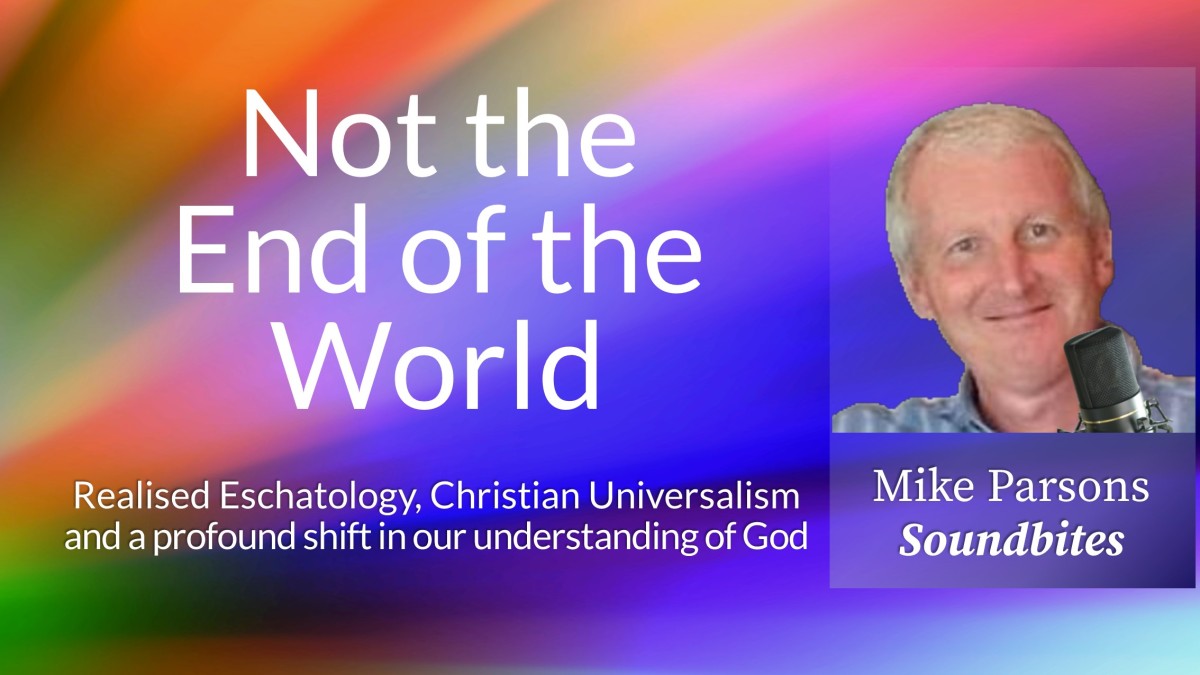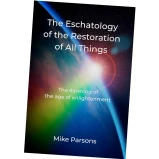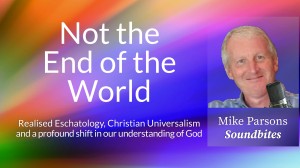Mike Parsons
My own journey and the experiences I have described to you over many years are just one example of what can happen, not something that everyone has to go through in the same way. Walk in relationship with the Father, and let Him set the agenda.
When I was fasting and engaging with God for the first time in 2010, I went through an exhaustive process of applying the blood of Jesus to the gateways of my soul, as I had heard Ian Clayton explain. It worked for me because of my disciplined nature, but I wouldn’t necessarily advise everyone to take that same approach. Instead, allow the Father to show you what He wants to deal with, and provide you with the right tools for that specific work. It’s about using the appropriate method for the job, rather than trying to force something that doesn’t fit.
Flexibility and responsiveness to the Holy Spirit are the key, not trying to impose a rigid, one-size-fits-all process. In something like Engaging God I can provide some resources, but nowadays I would advise letting the Father direct how they are applied in each person’s unique journey. Simply surrender as a living sacrifice, and allow Jesus, your High Priest, to prepare you. Keep walking in relationship with the Father, and let Him set the agenda. I have found that a formulaic, systematic approach is not the way God does things. Use the tools provided as the Spirit leads, not as a program to work through. Each person’s journey is unique, and the relational, responsive approach led by the Father is far more effective than trying to systematically fix ourselves. So be at rest and do not strive.
The finished work of the cross is indeed complete, but we may not always be fully aware of (or benefiting from) everything that Jesus accomplished. Transformation comes through the renewing of our minds, as we come to a deeper realisation of God’s amazing unconditional love, limitless grace, and triumphant mercy. That is what enables us to change, not because we have to in order to be acceptable to God, but because the revelation of what He has already done for us leads us into transformation.
The journey of restoration and wholeness is a relational one, and the pace at which it unfolds is relative to each person’s unique circumstances. Some may experience swift breakthroughs, while others who are deeply broken may need more time to fully trust God and allow Him access to the depths of their being. The key is to simply follow God’s lead, without setting your own agenda. Present yourself daily as a living sacrifice, and let Him guide you on the path He has for you. Resist the temptation to compare yourself to others or try to figure it all out through your own knowledge and strength. Trust Him, enjoy the journey, and allow Him to bring things to the surface when the time is right. This keeps the process relational and joyful, rather than heavy or burdensome.
Summary
I believe that God will lead you into the wholeness and restoration He has for you, at the pace that is perfect for your unique journey. The invitation is to rest in His love, walk closely with Him, and let Him do the work. When we do that, the transformation He desires to bring about in us can unfold in a positive and life-giving way.
Support us
Mike’s YouTube Channel
These blog posts are based on videos posted on Mike’s YouTube channel. Want to see the latest ones as soon as they are published?
Click the image below to subscribe at https://freedomarc.org/youtube


